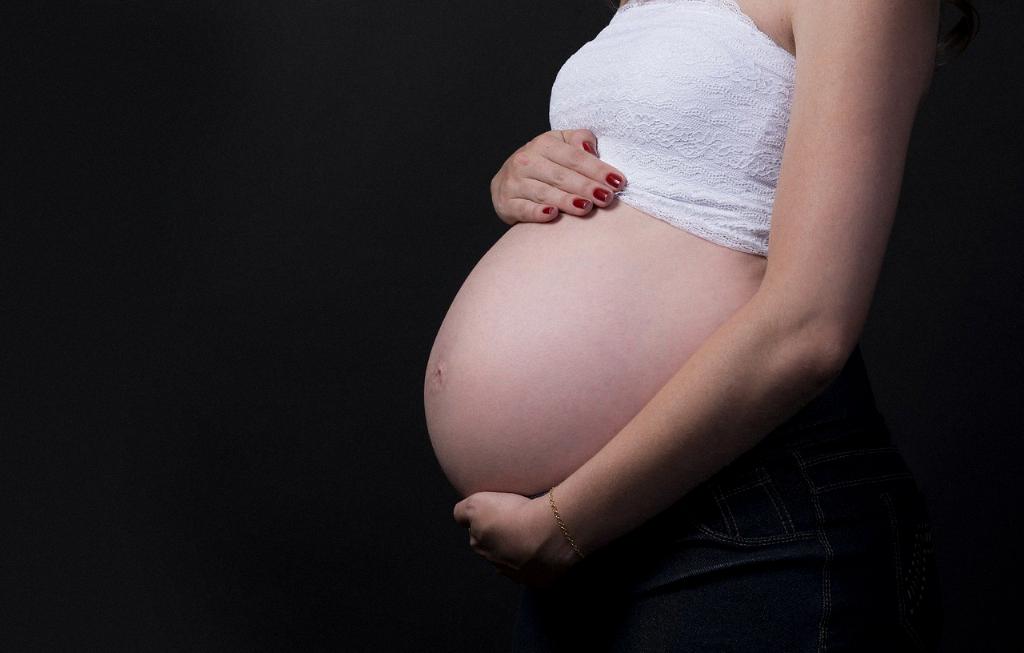One of the most common questions among women who are trying to conceive or simply monitoring their reproductive health is whether it’s possible to detect signs of pregnancy before missing a period. While a missed period is a definitive sign of pregnancy, there are several early signals that could indicate you might be pregnant before that time.
Common Symptoms Before a Missed Period
Some of the early signs of pregnancy that may manifest before a missed period include experiencing sore or tender breasts, feeling unusually tired, and experiencing nausea or morning sickness. These symptoms can vary from person to person, with some individuals noticing them very early in their pregnancy.
Menstrual Irregularities and Pregnancy
It’s important to note that not everyone experiences the same symptoms or at the same intensity. Additionally, factors such as stress, hormonal changes, or underlying medical conditions can sometimes mimic early pregnancy signs. If you suspect you might be pregnant, it’s best to consult with a healthcare provider for confirmation.
Implantation Bleeding
One early sign of pregnancy that some women may notice is implantation bleeding. This occurs when a fertilized egg attaches itself to the uterine lining, causing light spotting. While implantation bleeding is not experienced by all women, some may see this as an early indication of pregnancy.
Changes in Taste and Smell
Some women may also notice changes in their sense of taste and smell early in pregnancy. You might find that certain foods taste different or that you are more sensitive to smells that didn’t bother you before. These changes can be subtle but may contribute to a suspicion of early pregnancy.
Increased Urination
During early pregnancy, hormonal changes can lead to increased blood flow to the pelvic area, which can result in frequent trips to the bathroom. If you find yourself needing to urinate more often than usual, especially if this is coupled with other early pregnancy symptoms, it could be a sign that you’re expecting.
Understanding Pregnancy Tests
While some women may experience early symptoms that hint at pregnancy, the most reliable way to confirm whether you are pregnant is by taking a home pregnancy test. These tests work by detecting the presence of the hormone hCG in your urine, which is produced by the placenta after implantation occurs.
Timing of Testing
For the most accurate results, it’s recommended to wait until after you’ve missed a period before taking a pregnancy test. Testing too early can yield false negatives, as the levels of hCG may not be high enough to be detected. However, some sensitive pregnancy tests claim to provide accurate results even before a missed period.
Consulting with a Healthcare Provider
If you suspect you may be pregnant based on early symptoms or a positive pregnancy test, it’s advisable to schedule an appointment with your healthcare provider. They can confirm your pregnancy through a blood test or ultrasound and offer guidance on prenatal care and next steps.
Emotional and Mental Well-Being
Experiencing the possibility of pregnancy, especially if it’s unplanned, can bring about a range of emotions. It’s important to take care of your mental and emotional well-being during this time, whether you’re hoping for a positive result or are navigating unexpected news.
Conclusion
While it’s possible to notice early signs of pregnancy before a missed period, every individual’s experience is unique. If you suspect you might be pregnant, pay attention to your body’s changes, take a pregnancy test for confirmation, and seek support from healthcare professionals or loved ones as needed.

